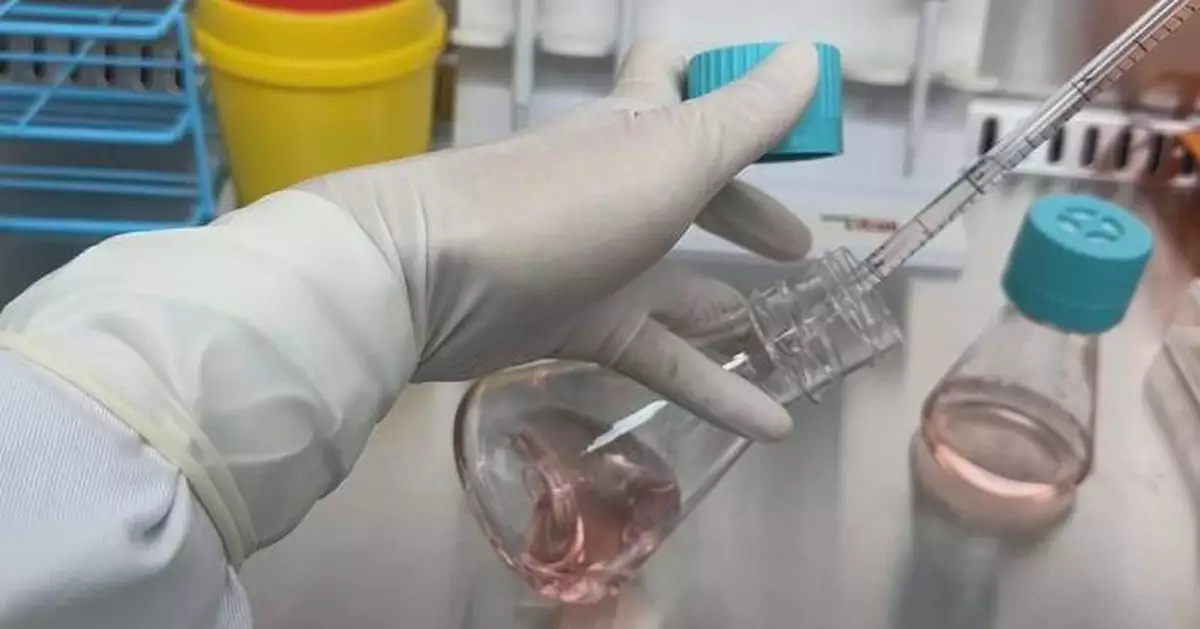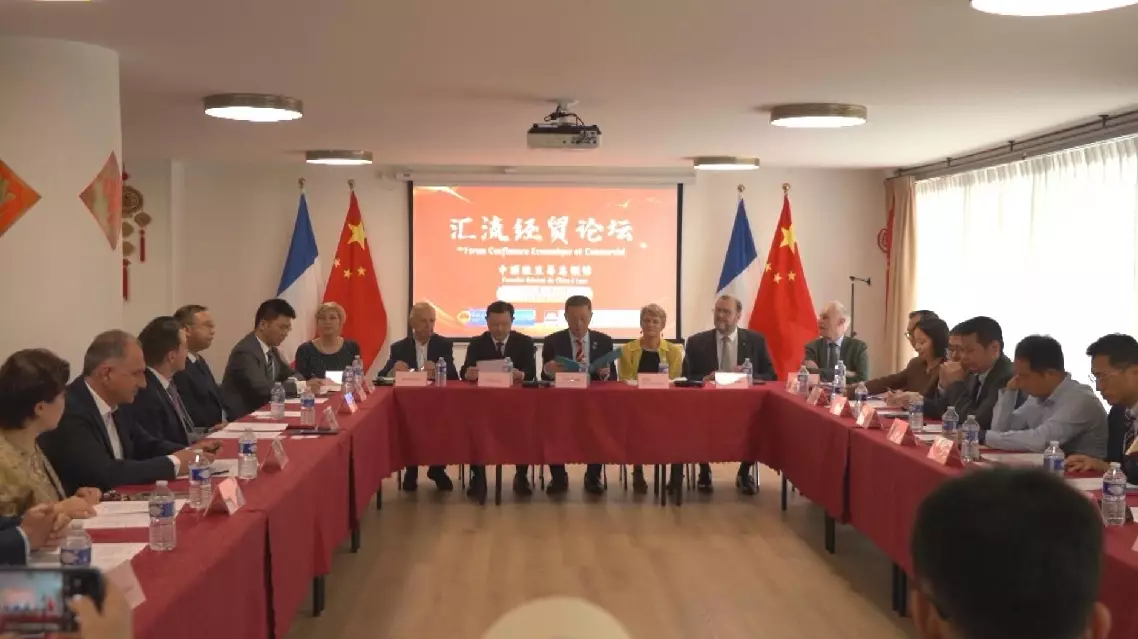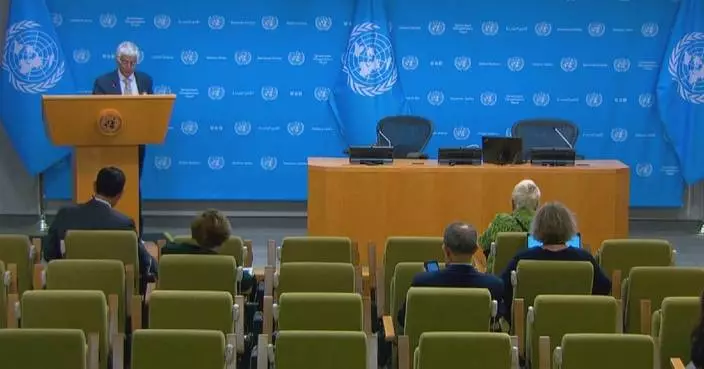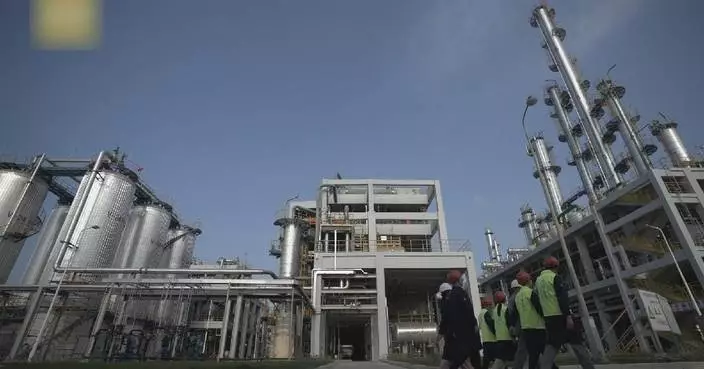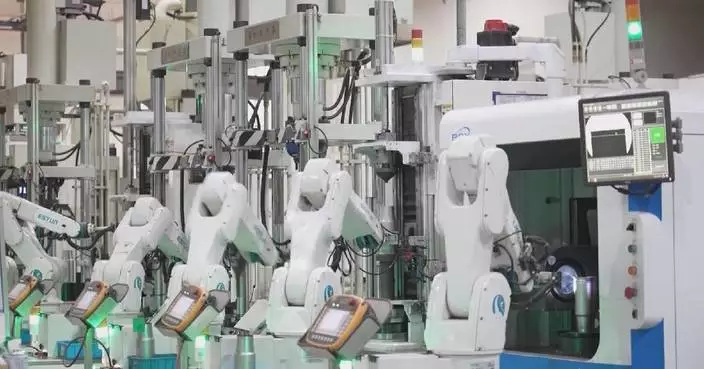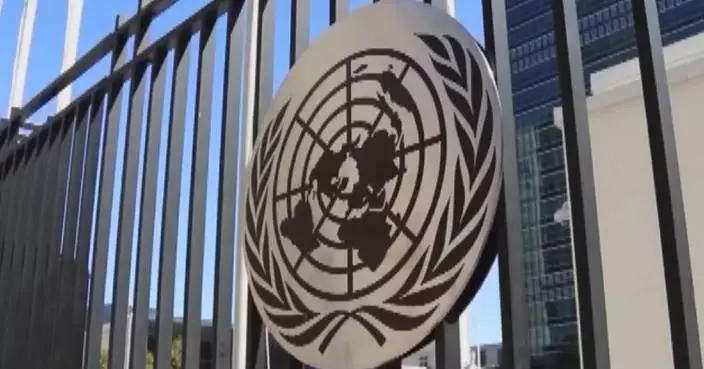China has taken a major leap forward in the development of CAR-T cell therapy for solid tumors, with pioneering research in Shanghai's Zhangjiang hub yielding promising results and highlighting the country's growing influence in the global CAR-T landscape.
According to PharmaGO data, Chinese biopharmaceutical firms represented nearly 50 percent of the global CAR-T therapeutic pipeline in 2024, further solidifying the country's dominance in the field.
For decades, medical science has chased a cure for cancer, and this has become a byword for the impossible. But in recent years, new strides taking in biomedical research have started to produce some very encouraging results.
CAR-T is a branch of what's known as immunotherapy: using the patient's own immune system to fight cancer. CAR-T works by genetically engineering the patient's T-cells - which are the cells which track down and kill other cells which are diseased or infected - so that they home in and destroy cancer cells.
This kind of treatment has been around for a while to treat some kinds of cancer. Six CAR-T therapies are approved for use in China, but only for blood cancers, not the solid tumors which Immunofoco, a clinical-stage biotech company, focuses on.
There are more than 4 million cancer cases diagnosed in China every year, according to the World Health Organizations Global Cancer Observatory. That means compared to many developed nations, cancer rates here are actually quite high.
Lung cancer is by far the most common, but there are also high rates of colorectal and liver cancer. These generally present as what's known as solid tumors, things like sarcomas and carcinomas.
There are patients around the country now participating in clinical trials for CAR-T cell therapy for solid tumors. The techniques developed in this lab are used in much larger facilities, conducting trials with T-cells from cancer patients at hospitals in Beijing, Shanghai, Hangzhou, Xiamen, and others.
The size of China's population means it's easier to recruit volunteers for clinical trials, and those trials can happen much quicker. It really speeds up the process, to the point where China is now the second-largest drug developer in the world - behind only the U.S. - with the total value of drug licensed worldwide sitting at 48 billion dollars. Western companies have been keen to license new Chinese-developed treatments and snap up Chinese bio-tech start-ups. And that's hardly surprising when companies produce trial results like Immunofoco's.
Crystal Sun, CEO and Founder of Immunofoco said that some of their treatments so far show an almost doubling of the time patients live without their disease getting worse. And if clinical trials prove they're both safe and effective, the next step for these treatments is approval for broader use.
"China is making faster progress in cancer treatment innovation, especially in cell and gene therapy. There are several reasons. First, with a larger patient population and rich clinical resources and strong government support, Chinese companies can conduct clinical trials very quickly and cost-efficiently. Second, Chinese companies are getting more global recognition, we are doing more deals with international companies," she said.
Sun also expressed her confidence in the development of China's biological industry in the future.
"I'm very confident about the future of our biological industry area in China. Governments are stepping up support with better funding, simpler regulation and stronger protection for the new discoveries. This is crucial because these fields need initial support. Second, China's CAR-T therapy is growing very fast, showing promise in treating solid tumor. With rich clinical resources and access to a larger patient pool, we can turn the lab breakthrough into the real treatment more quickly," said Sun.
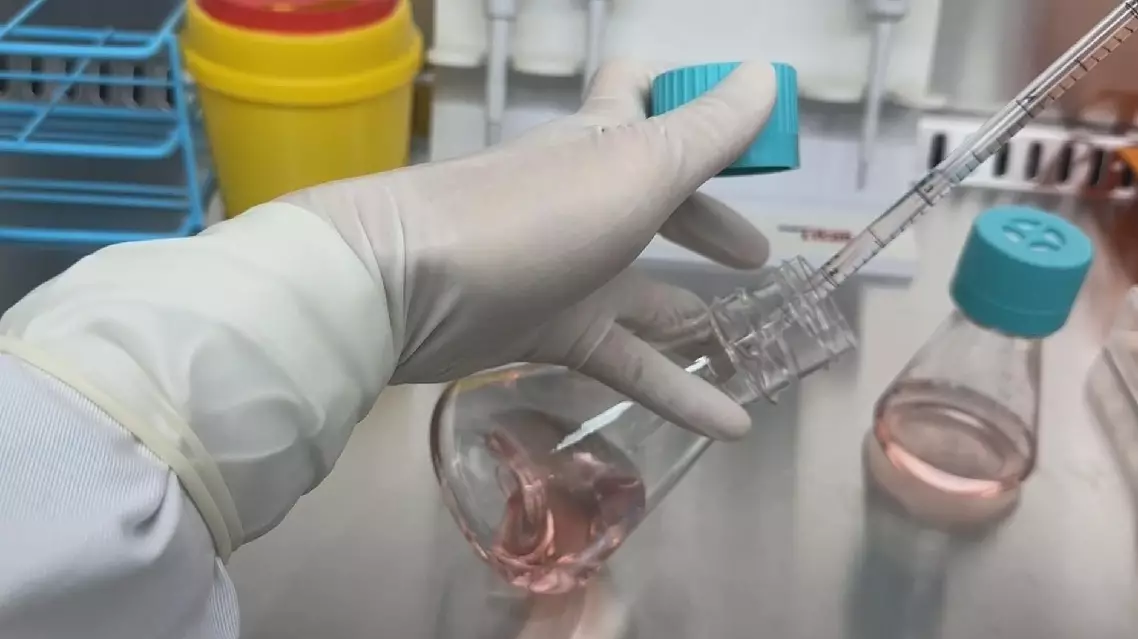
China achieves breakthrough in CAR-T cell therapy


